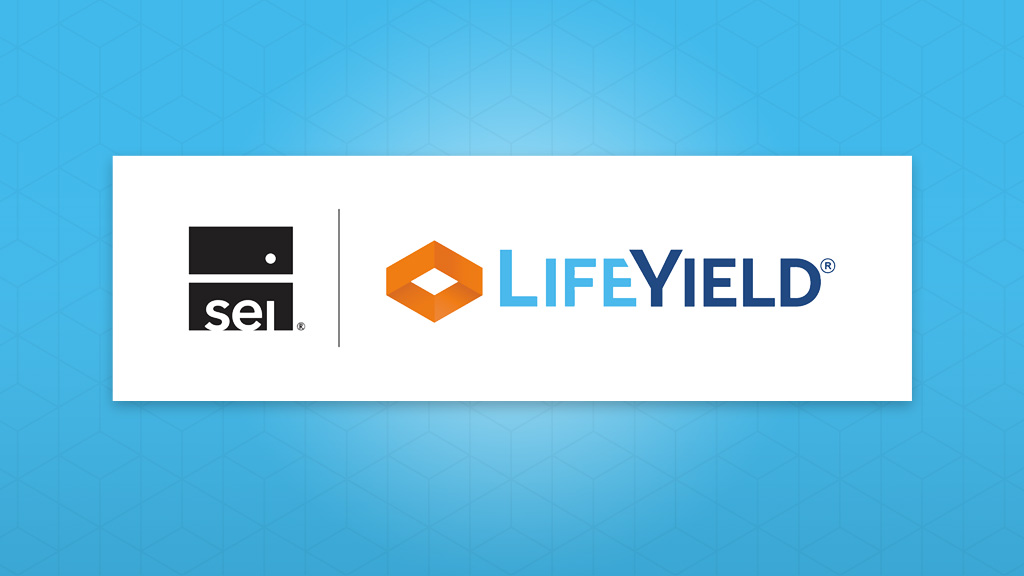What is householding?

Have you been hearing the latest buzz about “household-level portfolio management”? You may be wondering – What is it? How do you do it? And, why does it matter?
Financial technology has made rapid advances as the future of advice shifts to managing all a household’s accounts in a coordinated way with a focus on cost reduction, risk tolerance, and tax savings. Many advisors are focused on achieving a single household-level view for their clients, but a household view without action is just that – a view.
True householding is much more than data aggregation (a way to see all a client’s accounts in a single view). Cost-smart, risk-smart, tax-smart household management means coordinating and optimizing all accounts with a focus on tax-smart asset location to better achieve improved after-tax returns, recommending an appropriate asset allocation, and keeping costs low. It not only benefits the investor, but also the advisor, and will be pivotal for advisors looking for a win for clients and their practice.
What is household-level portfolio management?
Household-level management occurs when a portfolio comprised of different investment vehicles and protection products held in different account registrations (such as taxable and tax-qualified accounts) are managed in an aggregated and optimal manner. This allows for the best possible outcome for both the advisor and the investor.
How does this benefit the end investor?
While so many investors have tried to “beat the markets” in their quest to achieve investment goals, they’ve learned the hard way this approach doesn’t work. Aggregating and coordinating accounts with a bird’s eye view can reduce costs, manage risk consistent with a client’s comfort level, and increase overall tax-efficiency. This approach can help investors save as much as 33% on taxes over time.
Why does it matter to advisors?
With householding, financial advisors can use comprehensive solutions to tie it all together and show investors quantifiable results to the dollar. This increases the likelihood of successful client review and prospecting meetings. For a household portfolio, advisors become experts at keeping investments in line with a target asset allocation, while locating assets tax-efficiently in appropriate account registrations, minimizing capital gains, taking advantage of tax-loss harvesting opportunities and implementing tax-sensitive transitions or withdrawals. As a result, advisors will help clients make and keep more money, increase household asset growth and dramatically boost clients’ retirement income. Additionally, as wealth transfers occur, advisors have a heightened view and will be able to propose ways to achieve higher rates of return.
Next steps for householding
Some advisors have the misconception that somehow if you manage all household accounts individually, results will somehow improve. But that couldn’t be further from the truth. Action must be taken at the household-level to create the most value for clients. The industry is evolving to a new standard, and, help is on the way.
At LifeYield, we offer technology – including the Taxficient Score® – that guides advisors in managing risk and tax to maximize returns and income, resulting in a win for all. Overall, cost-smart, risk-smart and tax-smart household-level management leads to greater client results and loyalty, higher retention rates, more referrals and higher revenue for the firm.
Monthly insights from our Chief Growth Officer, Jack Sharry
Get exclusive insights and interviews from around the industry

 By
By 




